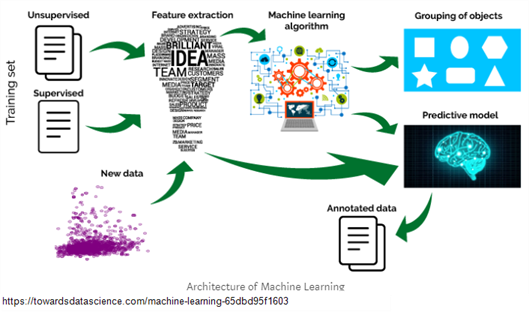About Classification
It would be frustrating if you had to train a Machine Learning tool from scratch to recognize keywords, labels, and patterns associated with PCI, PHI and PII.
- PCI: Payment Card Information
- PHI: Protected Health Information
- PII: Personally Identifiable Information
With ever-increasing amounts of unstructured data, organizations have little choice but to automate compliance if they want a fighting chance at meeting requirements. Some have tried to automate them partially, by using Regex rules. But that method only checks for number patterns, leaving them with a ton of false positives to sort through manually.
To name but one example, hospitals, clinics, other healthcare providers and all who deal with them come into contact with thousands and potentially millions of emails, attachments and files containing Protected Health Information. In the face of hospital mergers, integration of legacy storage systems, and doctors, nurses and ambulance drivers using mobile devices, they must know where this information is at all times and who has access to it. This is critical in order to maintain compliance with HIPAA and other regulations, eliminate fines and lawsuits due to data breaches, and honor public and patient trust.
IPRO's Classification feature automates this work. Using state of the art of technology, our team has collected relevant, diverse and extensive data sets to train our models. From detecting obvious contextual details to outliers, we have covered it all.

What used to be either a labor-intensive or an incomplete process has now been replaced by a complete set of results you can access in minutes. And your data is always secure because it never leaves your premises.
This all comes out-of-the-box with IPRO, but the models can be customized based on your environment, to improve the quality of the results. This process will be handled by our team of machine learning experts.